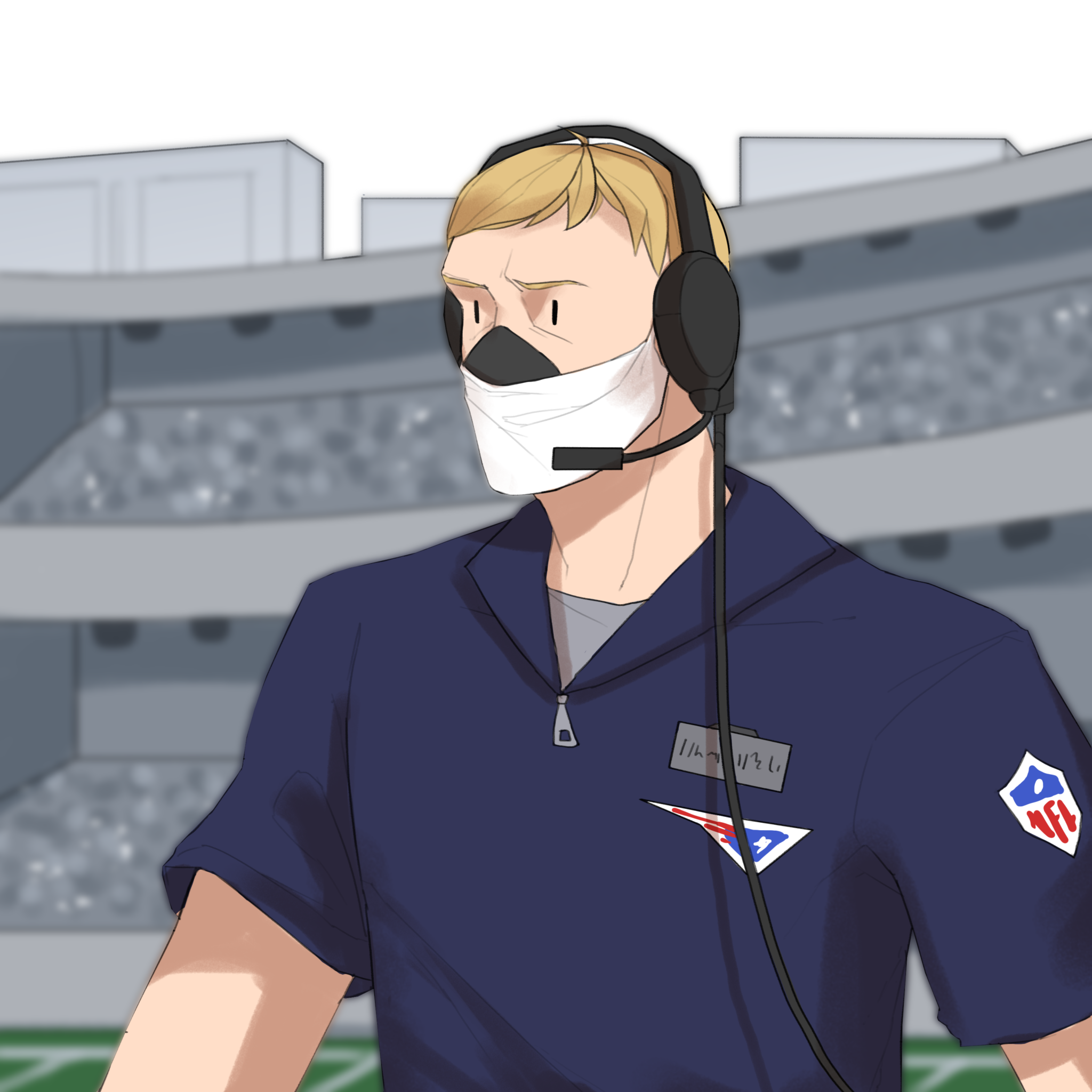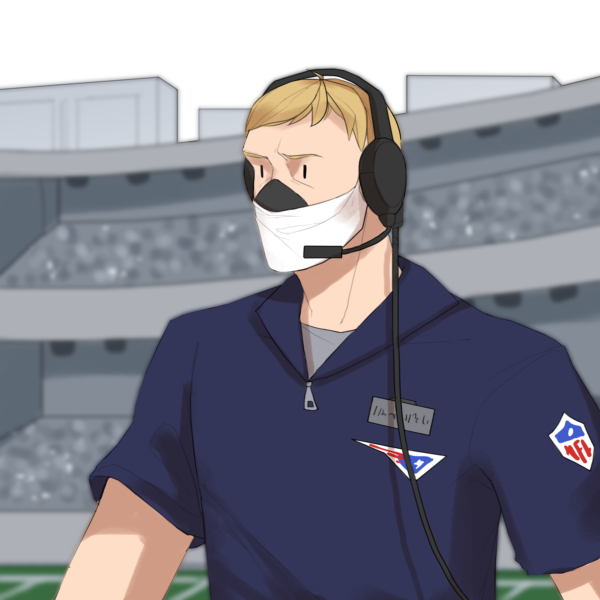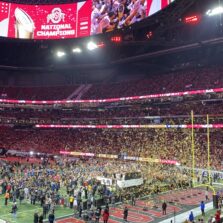

Over the past few years, racism has been a huge topic in the NFL. Hiring practices in the NFL still remain a problem. For a league that is 70% Black, it is shameful that there are only three Black head coaches with a permanent job — Pittsburgh Steelers’ Mike Tomlin, Miami Dolphins’ Brian Flores and Los Angeles Chargers’ Anthony Lynn. These coaches have a winning percentage of 63%.
The dismissal of Black head coaches Tony Dungy of the Tampa Bay Buccaneers and Dennis Green of the Minnesota Vikings in 2002 publicized the NFL’s dearth of minority coaches, scouts and front office personnel. The firing caused an uproar because Dungy was coming off of a 9-7 season where the Buccaneers had made the playoffs and Green had nine winning seasons in the past 10 years. After the incident, lawyers Johnnie Cochran and Cyrus Mehri decided to challenge the NFL’s practices of hiring coaches.
University of Pennsylvania sociologist Jane Madden found that Black head coaches averaged over nine wins a season while white coaches averaged around eight wins a season. A Black coach took their team to the playoffs 69% of the time compared to only 39% of the time for white coaches. These firings of coaches caused the NFL to change its hiring practices, and Steelers owner Dan Rooney led a committee that created the Rooney Rule.
The rule requires league teams to interview ethnic minority candidates for head coaching and senior football operation jobs. The rule doesn’t necessarily mean teams have to hire more minority coaches; they simply have to interview and consider them for the job.
Despite the rule, there have only been 21 minority head coaches in the NFL’s history, which means that only 4% of the NFL’s past and present coaches have been minorities. Only 19% of minority head coaches keep their job over four seasons, compared to 25% of white head coaches. In addition, minority head coaches land with rebuilding teams more often, where they have to work with little talent and don’t produce results as quickly. According to the Undefeated, 14% of minority head coaches were hired to a team with five or fewer wins the previous season in comparison to 8% of white coaches.
“Despite the rule, there have only been 21 minority head coaches in the NFL’s history”
If minority head coaches go to teams with less talent, why are they not getting more time to acquire better players and coach them? Coaches need at least a few years to change a team’s personnel and culture, which isn’t possible when minority coaches are cut after one poor season.
In some cases, the firings are warranted. Jackson was previously the Oakland Raiders head coach in 2010 and was fired after just one season record of 8-8. He then went on to head coach the Cleveland Browns starting in 2016 and was let go after accumulating a record of 3–36–1; his performance clearly did not match their expectations.
But there are many instances where this is not the case. Just this year, the Dallas Cowboys, New York Giants and Carolina Panthers had coaching vacancies. All three of them hired white head coaches despite the Giants meeting with Kansas City Chiefs offensive coordinator Eric Bieniemy, an African American assistant coach many people considered to be the best available coach. Instead, the Giants hired Joe Judge, the special teams coach for the New England Patriots, who had no experience with coordination. The Panthers hired Matt Rhule, the Baylor head coach. The Cowboys hired Mike McCarthy, who had just been released by the Green Bay Packers due to his lack of creativity in calling plays.
To nobody’s surprise, all of these teams have losing records due to injuries, a lack of team chemistry and pitiful coaching.
On the other hand, Bieniemy’s coaching record for the Chiefs is 8-1. The team also leads the league in passing yards per game and is second in the league in terms of points per game.
Throughout the history of the NFL, people have constantly highlighted the huge role racism has played in the lack of minority coaches and front office members. Whether it was Steve Harvey joking at the 2019 NFL awards ceremony about the absence of an NFL team owned by a Black man or former players Kellen Winslow and John Wooten putting together a group of scouts, coaches and front office members to advocate for the Rooney Rule, minority coaches have to start getting more opportunities. Right now there are 12 assistant coaches in the NFL who are Black and many of them are on winning teams. In order for minority coaches to become prominent in the NFL, teams have to first give them a chance.





